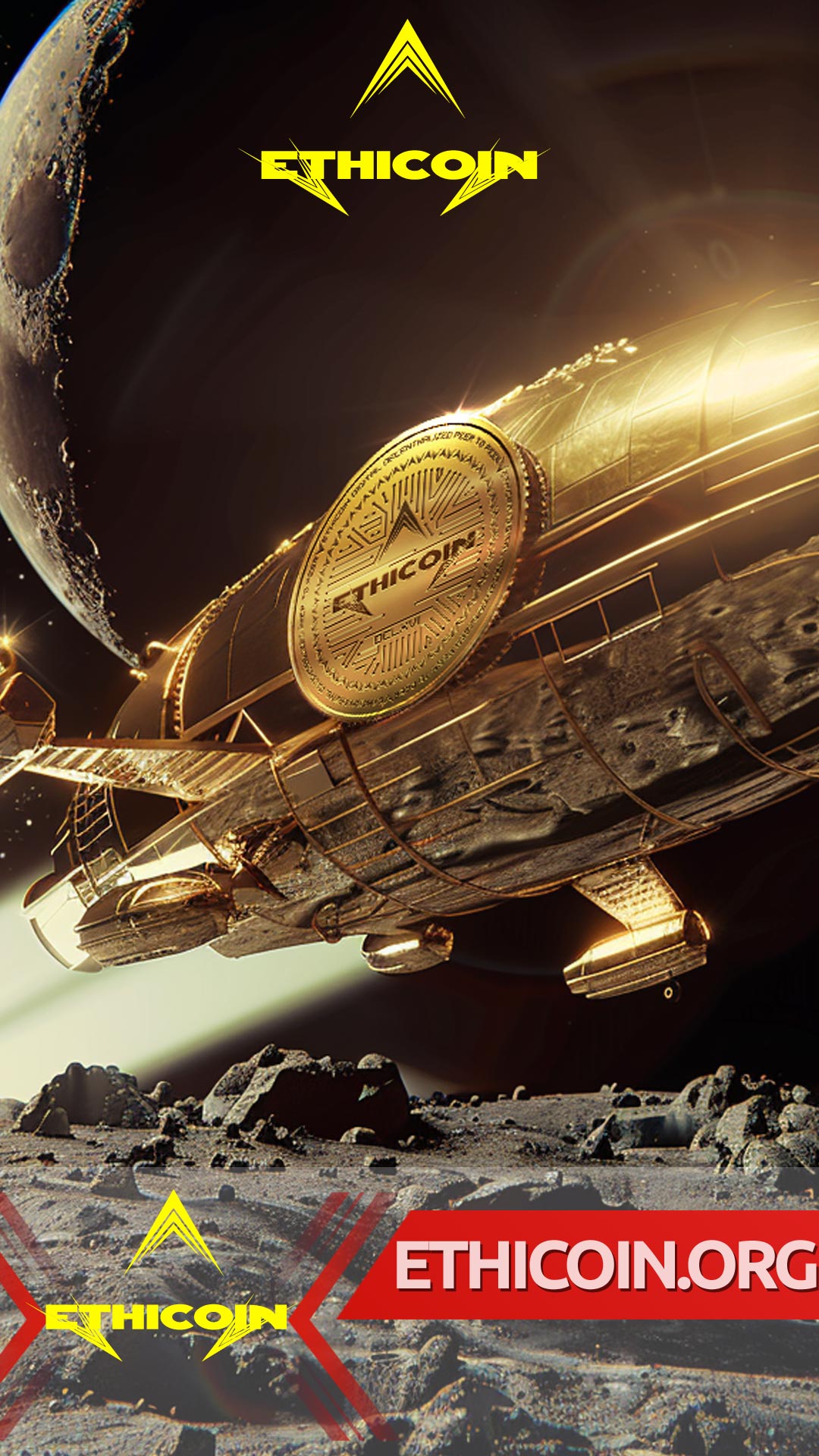
MINING GUILD ARCHIVES :: THE ETHICOIN LEDGER
Be part of a community dedicated to building a more responsible and impactful digital future. Explore our resources, engage with our team, and help us redefine what cryptocurrency can achieve.
Access Full News ArchiveRISK WARNING: Cryptocurrency investments, including Ethicoin (ETHIC+), are highly speculative and involve substantial risk of loss. Value is volatile and can go to zero. Past performance is not indicative of future results. Invest only funds you can afford to lose entirely.
NO FINANCIAL ADVICE: Information on this site is for informational and educational purposes only and does not constitute financial, investment, tax, or legal advice. Ethicoin.org is not a registered investment advisor. Always conduct your own due diligence (DYOR) and consult a qualified professional advisor before making any investment decisions. Your risk, your responsibility.